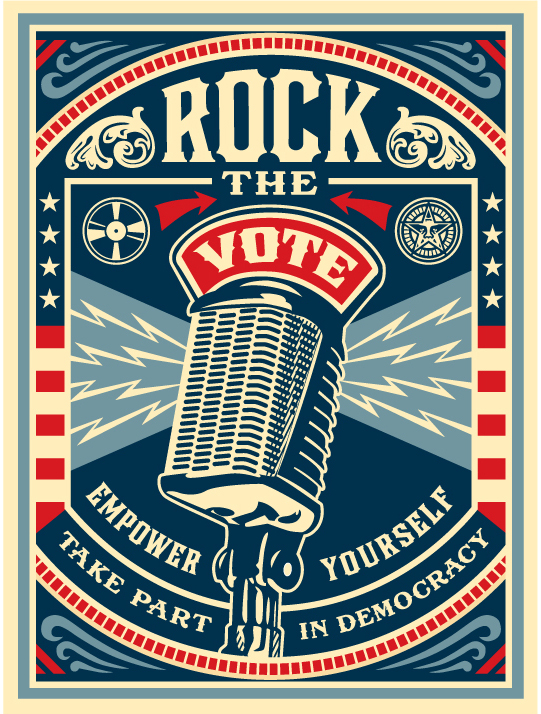By: Christine Feghali
As ANCA interns, one of our responsibilities is to accompany William, our Executive Director, to Big Pines to visit the AYF campers and give them a lecture about Hye Tahd, the work the ANCA does, and the importance of voting and politics. William starts out by giving an inspiring speech about both fictional super heroes, such as Batman and Iron Man, and real super heroes, such as our family members that fought for an independent Armenia, to liberate Shushi, and take Artsakh away from the Azeris. The campers attentively listen to William’s telling of the story of the battle of Sardarabad and prepare for whatever comes next.
The speech is followed by an interactive activity that is designed to introduce the youth to the process of politics and the importance of voting. Without giving too many details away, the campers are supposed to elect an AYF camp president from three candidates who are their fellow campers. Most of the kids get really into the activity and wholeheartedly participate. Some campers raised very intelligent questions and concerns regarding aid to veterans, strengthening the economy, and, of course, Genocide recognition and Artsakh. Keep in mind, a majority of these campers are under the age of 14.
While some campers were interested and participated, others did not. As I went around to talk to the kids about what subjects matter to them and what kinds of changes they want to see made at the camp, I was discouraged to hear that many of them are so apathetic at such a young age. Allow me to share with you the most commonly heard responses from the campers:
“Obama didn’t keep his promise…what’s the point of voting? AYF president won’t keep their promises either.”
“It’s not like they’re going to actually get to be president.”
“Voting isn’t important.”
It’s amazing to me that these kids are so young yet so disenchanted with the idea of voting. Several of us interns have discussed the problem with apathy in our community before…I don’t think any of us paid attention to the fact that children much under the voting age were so indifferent as well. One of the challenges we face is making sure that the next generation of Armenians is ready to participate, to be active, and to vote when the time comes.
We need to tackle the root cause of this indifference. For these kids, it starts at home. They hear the way their parents talk and, inevitably, mimic and echo their parents. This was evident at Navasartians, when parents discouraged their children from registering to vote, and even more apparent at camp when children, generally too young to have such thoughts about politics and voting, showed such apathy and boredom.
How do we change their parents’ dialogue? How can we engage them in voting and politics so that they pass those values on to their children? We need the parents to set a good example for their children.
Rather than trying to change their parents’ beliefs, we can try engaging the youth with activities like the one we did at camp so that they understand the value of their voice. Whichever path we choose to take, we have to do it soon and we have to be effective. Idleness and apathy will get us nowhere and we need the next generation to step up and be active.